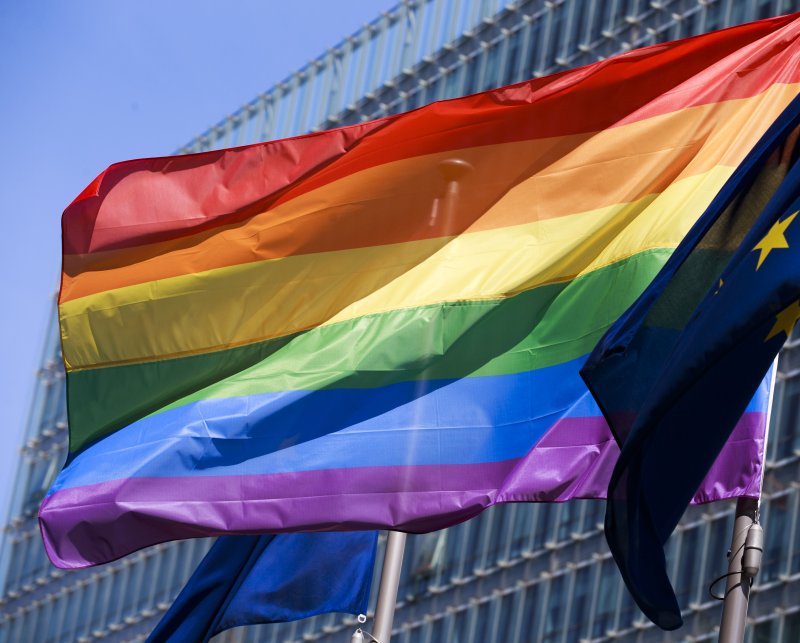
Gabriel Silva finds a Christmas tree in a dump in Pinheiro, Brazil, on November 8, 2021. (AFP/Joao Paulo Guimaraes)
Mon, March 14, 2022,
A holiday story that emerged from an unlikely place took a heartwarming turn when Gabriel Silva, a Brazilian boy photographed pulling a Christmas tree from a garbage dump, managed to help buy his family a house.
The story began in the weeks before Christmas last year, when AFP photojournalist Joao Paulo Guimaraes captured a picture of Silva, then 12, pulling a small plastic Christmas tree from a fetid mountain of trash swarmed by vultures and impoverished trash-pickers in the town of Pinheiro, in northeastern Brazil.
The photograph went viral, and Silva and his family soon started receiving a flood of donations from people moved by their struggle to survive at the illegal garbage dump, a symbol of the poverty in which millions of Brazilians live.
First came a real Christmas tree, then a bicycle, then money -- eventually enough for Silva, his mother and three siblings to leave their dirt-floor hut and buy a brick house.
"I'm so happy to have this house. We didn't used to have one, we lived in a little mud hut with nothing. Now I have a good house," said Silva, now 13, who helps his mother collect recyclable materials at the dump most days after school.
"I never imagined all this would happen because of that picture."
The house, which the family purchased several weeks ago and is still completing, has three bedrooms, a kitchen and a garage.
"It has electricity, running water and a bathroom with a shower," said Silva's mother, Maria Francisca Silva, 45.
"We used to have to walk a long way to get water."
More than 2,000 people contributed to an online collection to help the Silvas, raising around 80,000 reais ($16,000) as of January.
The house cost 49,000 reais, she said.
"All that's left to do is tile the floors and buy some furniture," she said.
More than 24 percent of Brazil's 213 million people live in poverty, according to the national statistics institute.
mls-msi/jhb/mdl




























